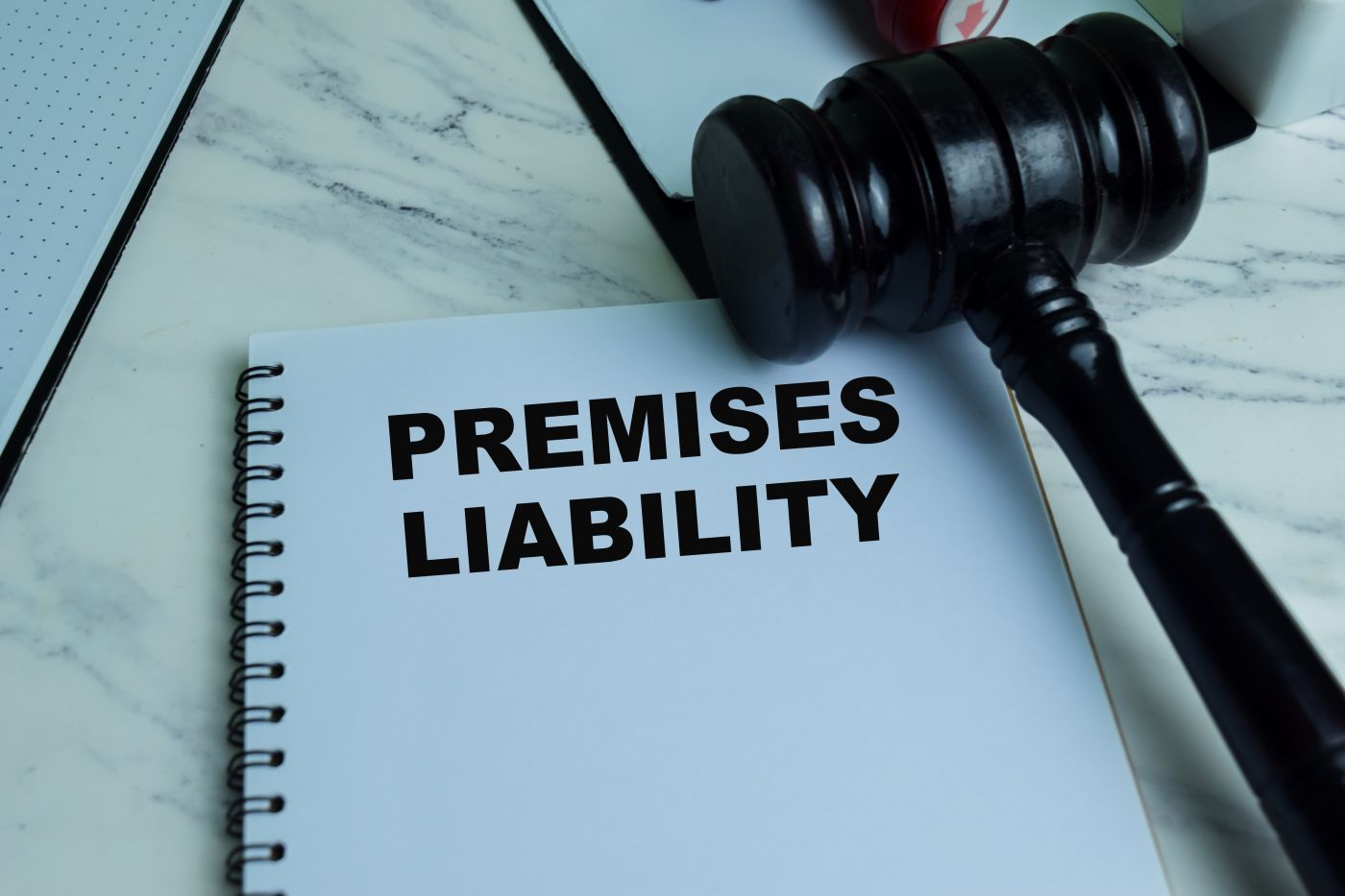
Divorce is often one of the most emotionally and financially draining experiences a person endures. People trust family law attorneys to guide them through these high-stakes legal proceedings. But what happens when the lawyer you trust fails you, not by losing a tough case, but by making mistakes that should never have happened?
At The McCallister Law Firm, P.C., in Kansas City, Missouri, we help clients find justice for legal malpractice, particularly in divorce cases. If you’re the victim of attorney negligence or misconduct, we can help.
Here, we’ll explore what constitutes legal malpractice in divorce cases, how to recognize it, and what you can do if you're a victim.
The Basics of Legal Malpractice
Legal malpractice occurs when an attorney fails to perform their legal duties to the standard expected of a competent attorney, and that failure directly harms their client. When a lawyer’s negligence or misconduct causes measurable damage, such as losing custody due to missed court dates or losing assets due to incompetent advice, this is likely due to legal malpractice.
The Four Elements of Legal Malpractice
To succeed in a legal malpractice claim, a plaintiff typically must prove the following four elements. Understanding each component is essential because failing to prove even one of them can result in the dismissal of your case, regardless of how poorly the attorney may have performed. Here’s what you need to prove:
Duty: The attorney owed you a duty of care, arising from the attorney-client relationship.
Breach: The attorney breached that duty by acting negligently, incompetently, or unethically.
Causation: The breach of duty directly caused harm or loss.
Damages: You suffered actual financial or legal damage as a result.
These elements work together to form a comprehensive test for legal malpractice. Simply being dissatisfied with your divorce outcome isn’t enough; you must be able to show that your attorney's specific failures led to a worse result than you would have otherwise received. A qualified legal malpractice attorney can help gather the necessary evidence of malpractice.
Common Types of Legal Malpractice in Divorce Cases
Divorce proceedings are complicated and emotionally charged. Unfortunately, this high-stakes environment also makes divorce cases particularly vulnerable to legal errors and misconduct. When attorneys fail to meet the expected standards of care, the consequences can be devastating. Here we’ll explain some of the ways malpractice occurs during divorce litigation.
Inadequate Discovery of Assets
One of the most critical aspects of divorce is the identification and division of marital assets. If your attorney fails to conduct a thorough discovery process, your financial settlement can be severely impacted. If this oversight results from negligence, it may be grounds for a legal malpractice claim.
Improper Advice on Settlement Offers
Attorneys are expected to provide sound, strategic guidance based on their knowledge of the law and the unique facts of your case. When a lawyer gives poor advice, it can result in you losing valuable property, alimony, or custody rights. If that advice falls below the professional standard, it could be considered malpractice.
Failure to File Critical Documents on Time
Family courts have strict deadlines for filing pleadings, motions, financial disclosures, and appeals. Missed deadlines can cause a case to be dismissed, lead to default judgments, or prevent you from appealing an unjust ruling. If these missed deadlines are due to the attorney’s negligence and cause you harm, you may have a valid claim.
Conflict of Interest
Attorneys must maintain loyalty to their client and avoid situations where their interests, or those of another client, conflict with yours. If your attorney previously represented your spouse or has other ties that compromise their impartiality, and they fail to disclose this conflict, you may be entitled to take legal action.
Failure to Advocate for Client’s Interests
Legal representation in divorce includes aggressively advocating for your interests, whether it’s child custody, alimony, or property division. When attorneys take a passive approach, fail to prepare for court, or ignore key evidence or witnesses, their failure to advocate may amount to malpractice.
Recognizing these common forms of legal malpractice can empower individuals to take action. If you believe your attorney’s conduct falls into one of these categories, you may have legal recourse. Our experienced legal malpractice attorney at The McCallister Law Firm, P.C. can help you determine whether your divorce attorney’s mistakes warrant a formal claim.
Why Divorce Cases Are Especially Vulnerable
Divorce litigation presents a unique set of challenges that make it especially susceptible to legal malpractice. Because divorce proceedings often move quickly, clients may not have time to evaluate whether their lawyer is providing competent representation until it's too late. There are several reasons why legal malpractice is particularly problematic in divorce:
High Emotions: Clients in divorce cases often rely heavily on their attorneys for emotional reassurance, making them less likely to question poor decisions until it's too late.
Complicated Finances: Many divorces involve business valuations, retirement accounts, real estate, and other assets that require precise handling.
Subjective Outcomes: Issues like child custody and support are subject to judicial discretion, making it easier for attorneys to disguise poor representation as “strategic decisions.”
Pressure to Settle: Many family law attorneys push for fast settlements to avoid trial.
Because of these vulnerabilities, clients are at greater risk of suffering from substandard legal representation without fully realizing it. The personal and financial stakes in divorce are simply too high for negligence to be overlooked. Recognizing these risk factors is the first step toward protecting yourself from becoming a victim of legal malpractice.
Steps to Take If You Suspect Malpractice
Discovering that your divorce attorney may have mishandled your case can be overwhelming and disheartening. However, taking prompt and informed action is essential to protect your rights and seek justice. There are concrete steps you can take to assess your situation and pursue potential remedies.
Request a full copy of your file: Your case file belongs to you. Request a complete copy, including all communications, pleadings, and court documents. Review them carefully or have a new attorney assess them.
Get a second opinion: Another experienced family law or legal malpractice attorney can help determine whether your original lawyer’s actions constituted negligence.
File a complaint with the state bar: Even if you don’t pursue a malpractice claim, you can file a grievance with your state bar association. This can result in disciplinary action against the attorney.
File a legal malpractice lawsuit: If your case meets the legal criteria for malpractice, you can sue for compensation. Damages may include the value of lost assets, additional legal costs, emotional distress, and more.
Taking these steps empowers you to regain control over your legal situation and hold negligent attorneys accountable. Even if you’re unsure whether malpractice occurred, speaking with a knowledgeable attorney can help clarify your rights and options. The sooner you act, the better your chances of protecting your interests and recovering what you’ve lost.
Choosing the Right Legal Malpractice Attorney
Pursuing a legal malpractice claim requires more than just proving you were wronged. These cases demand an attorney with experience, not only in malpractice litigation but also in the intricacies of family law. This dual knowledge is essential for building a compelling and credible case in court. When choosing a legal malpractice attorney, look for:
A strong track record of litigation success
Familiarity with both malpractice and family law
Positive client testimonials and peer reviews
Transparent communication and a clear plan of action
Choosing the right attorney can make all the difference in the outcome of your malpractice claim. Don’t hesitate to ask pointed questions during your consultation to assess the lawyer’s experience and approach. With the right advocate by your side, you can take confident steps toward holding the negligent party accountable.
Speak With a Qualified Legal Malpractice Attorney Today
Divorce is a vulnerable time, and people turn to lawyers for guidance, protection, and advocacy. When that trust is violated through negligence or misconduct, the consequences can be life-altering.
If you think you’re the victim of legal malpractice, contact The McCallister Law Firm, P.C. We help clients in Kansas City, Missouri and the surrounding areas find justice. Reach out to us today to discuss your case.



